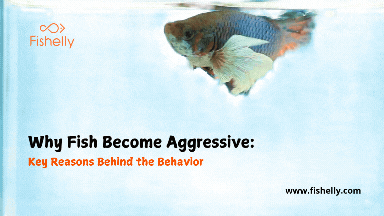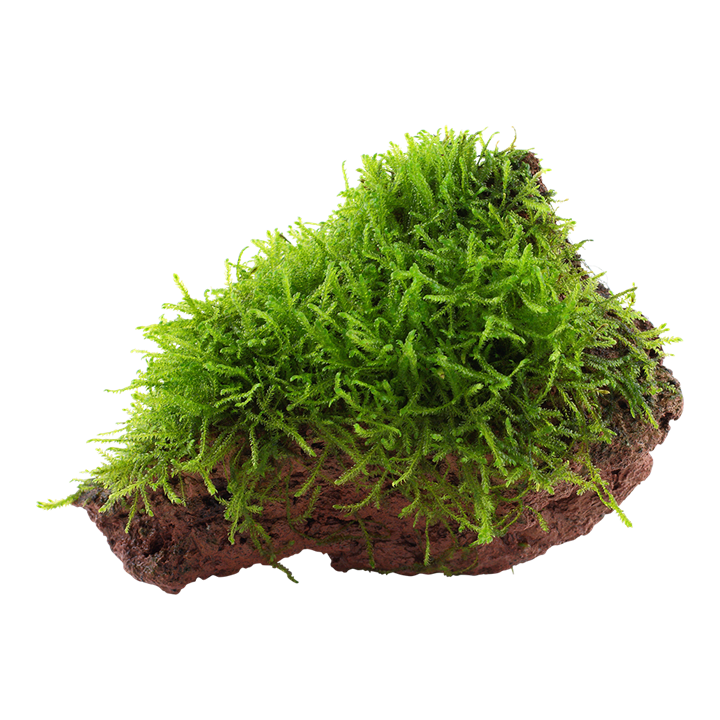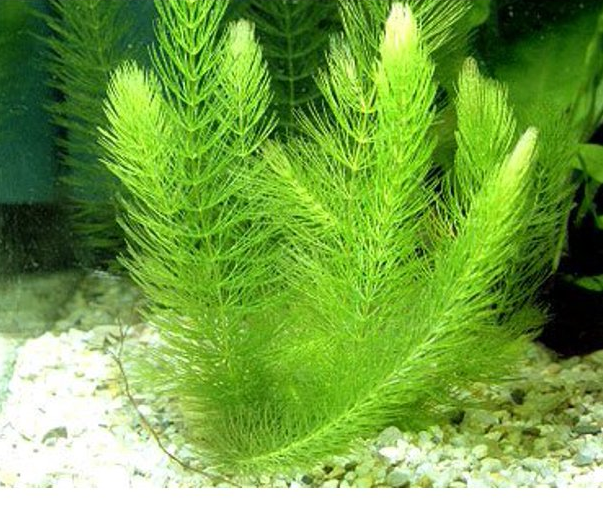Why Fish Become Aggressive: Key Reasons Behind the Behavior
Explore the reasons behind fish aggression, including survival instincts, hormonal changes, environmental stress, and social factors. Learn how to reduce aggression.
Table of Contents
- Territorial Ventures
- Mating and Reproduction
- Competition for Food
- Social Ranking Order
- Environmental Stress
- Predation
- Genetic and evolutionary background
- Faq
- Conclusion
Fish are really interesting organisms, and each fish has its own features and behaviors. Aggression often raises a query in the minds of aquarists, scientists, and fishermen alike. Though aggression may appear strange and confusing, understanding the causes is essential in maintaining harmony among fish in either natural habitats or aquarium settings.
Territorial Ventures
One of the significant and prime reasons for aggressive behavior among fishes is territoriality. A vast number of fish species are instinctively territorial, especially during their breeding seasons. They fiercely defend the space that they consider vital for their survival and reproductive success. A dominant fish will pursue and attack intruders to ensure that only it has access to resources such as food, sanctuary, and mates.
Mating and Reproduction
Aggression picks up during the breeding season. Fish are like other organisms, in that they will exhibit aggression to protect their nests or eggs. Males will fight among themselves to gain access to females, making physical encounters most important in establishing dominance. The aggression can often extend to the defense of the nest or young against possible threats in those species where parental care is vital for their survival.
Competition for Food
Aggression is often relative to competition for food. Fish have been known to be aggressive towards one another in order to obtain their fair share within crowded conditions whereby resources are scarce. This is common with aquariums and habitats where fishes may find it difficult to locate sufficient food that meets their energy needs.
Social Ranking Order
In some fish species, aggression becomes a method of establishing and maintaining social order. Different dominant fishes may form a hierarchy where the more dominant individual displays aggressive behavior by asserting higher-ranking status within the group. This reduces the friction and stress they create for themselves by making them all aware of their rank and roles.
Environmental Stress
Fish usually become aggressive because of environmental stressors. The water quality and temperature, as well as overcrowding in aquaria, are environmental discomforts that cause stress and lead to increased aggression. Stressed fish may exhibit aggression outwardly towards others or injure themselves by trying to escape from or cope with their adverse environments.
Predation
Another primary cause of aggression in fish includes predation and not only territorial and reproductive aggressiveness. Aggression in some species has evolved through natural selection as a refuge from predators. For some other species, aggression has evolved from natural selection as a method of self-defense from possible predators. The ability to avoid predators ensures the survival of the species.
Genetic and evolutionary background
The last factor is genetics, which holds an important lineage concerning how aggressive any fish might become. Evolution and some species were accustomed toward getting more aggressive to survive, reproduce, and protect their territory. Therefore, in some fish species, aggression would be part of their survival strategy, inherited down through the line.
Faq
1.What causes fish aggression?
Fish aggression can be caused by territoriality, mating, food competition, social ranking, environmental stress, predation, and genetics.
2.Why do fish become territorial?
Fish defend territories to protect resources like food, shelter, and mates, especially during breeding seasons.
3.How does mating season affect aggression?
Aggression increases as males compete for females and protect nests or eggs.
4.Can food scarcity lead to aggression?
Yes, fish compete aggressively for food when it's scarce, especially in crowded conditions.
5.How do fish establish social ranking?
Fish establish dominance through aggressive behavior to reduce competition and stress.
6.What environmental factors contribute to aggression?
Poor water quality, overcrowding, and temperature fluctuations can cause stress and aggression.
7.Does fish aggression play a role in self-defense?
Yes, some fish use aggression to protect themselves from predators.
8.How does genetics influence aggression?
Some species inherit aggressive traits for survival, reproduction, or territory defense.
9.How can I reduce aggression in an aquarium?
Provide enough space, hiding spots, good water quality, and avoid overcrowding.
10. Why is understanding aggression important for aquarium owners?
It helps create a peaceful environment and ensures the fish's well-being by addressing aggression triggers.
Conclusion
From the perspective of aquarium, research, or natural wild settings, comprehension of why fish behave aggressively is key to their care and upkeep. One should identify causes leading to aggressive behavior such as territoriality, reproduction, competition for resources, or environmental stress, since this contributes to creation of more balanced and healthier aquatic habitats for fish owners. These causes are to be brought to an end so that a peaceful coexistence can be established amongst fishes, thus improving their overall quality of life.

















